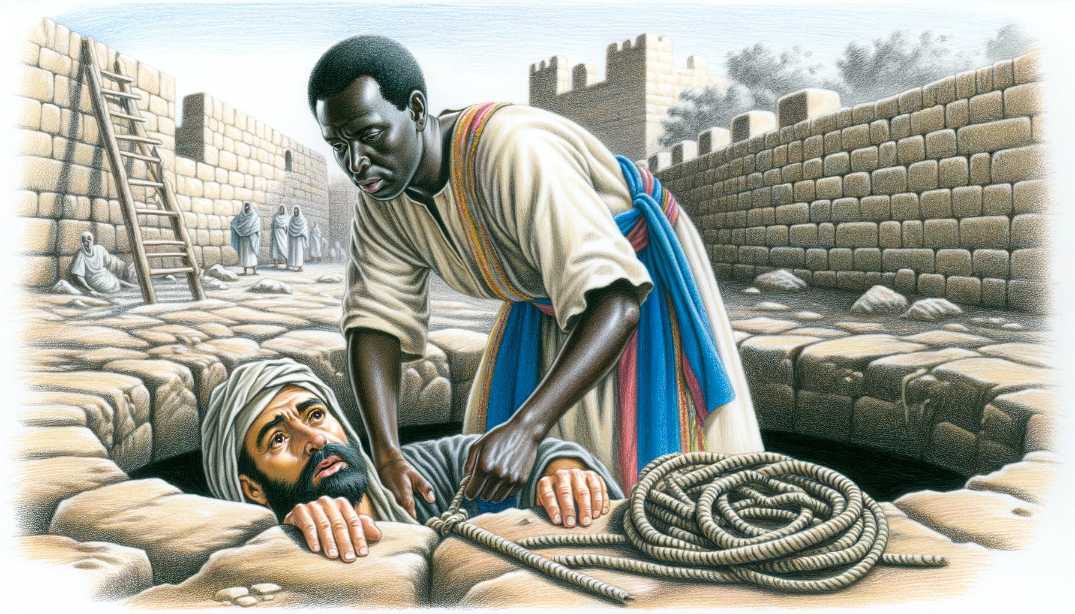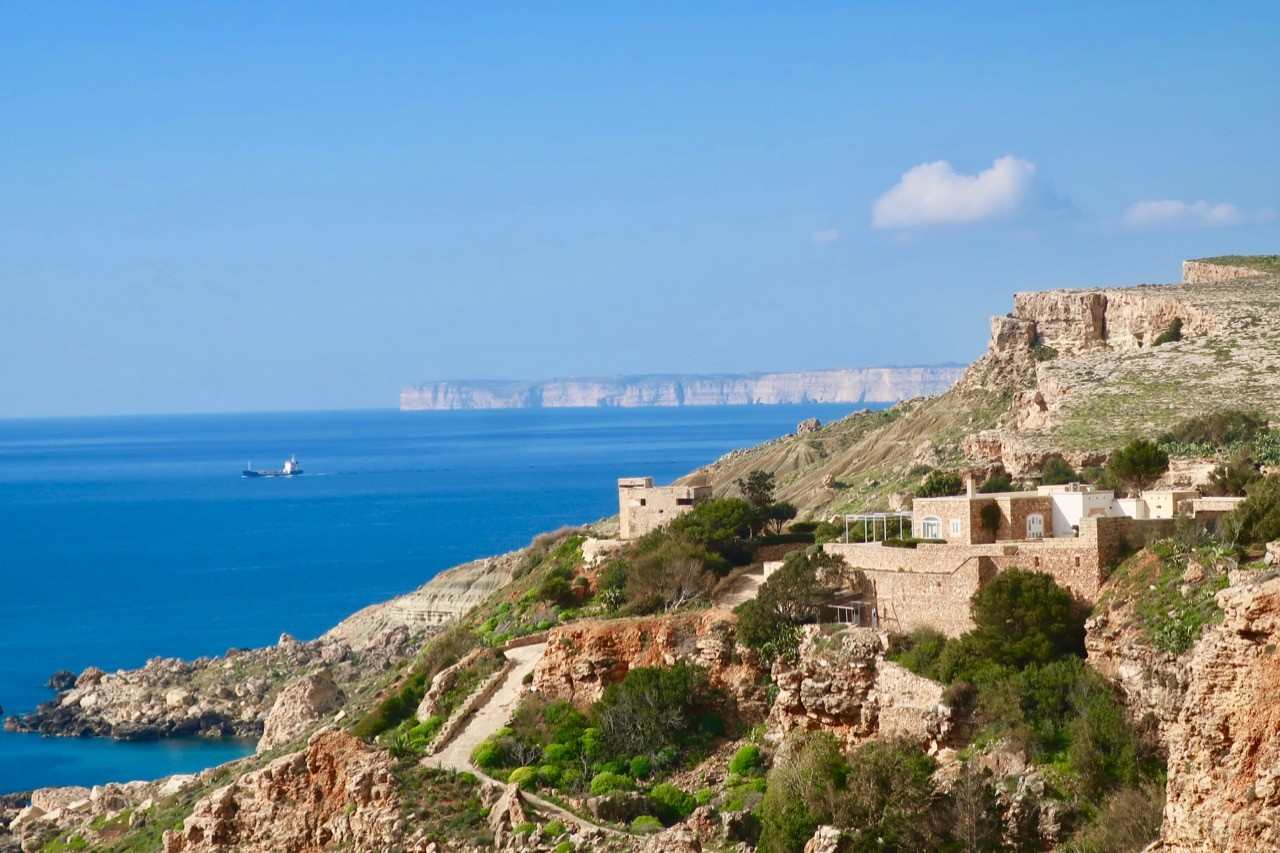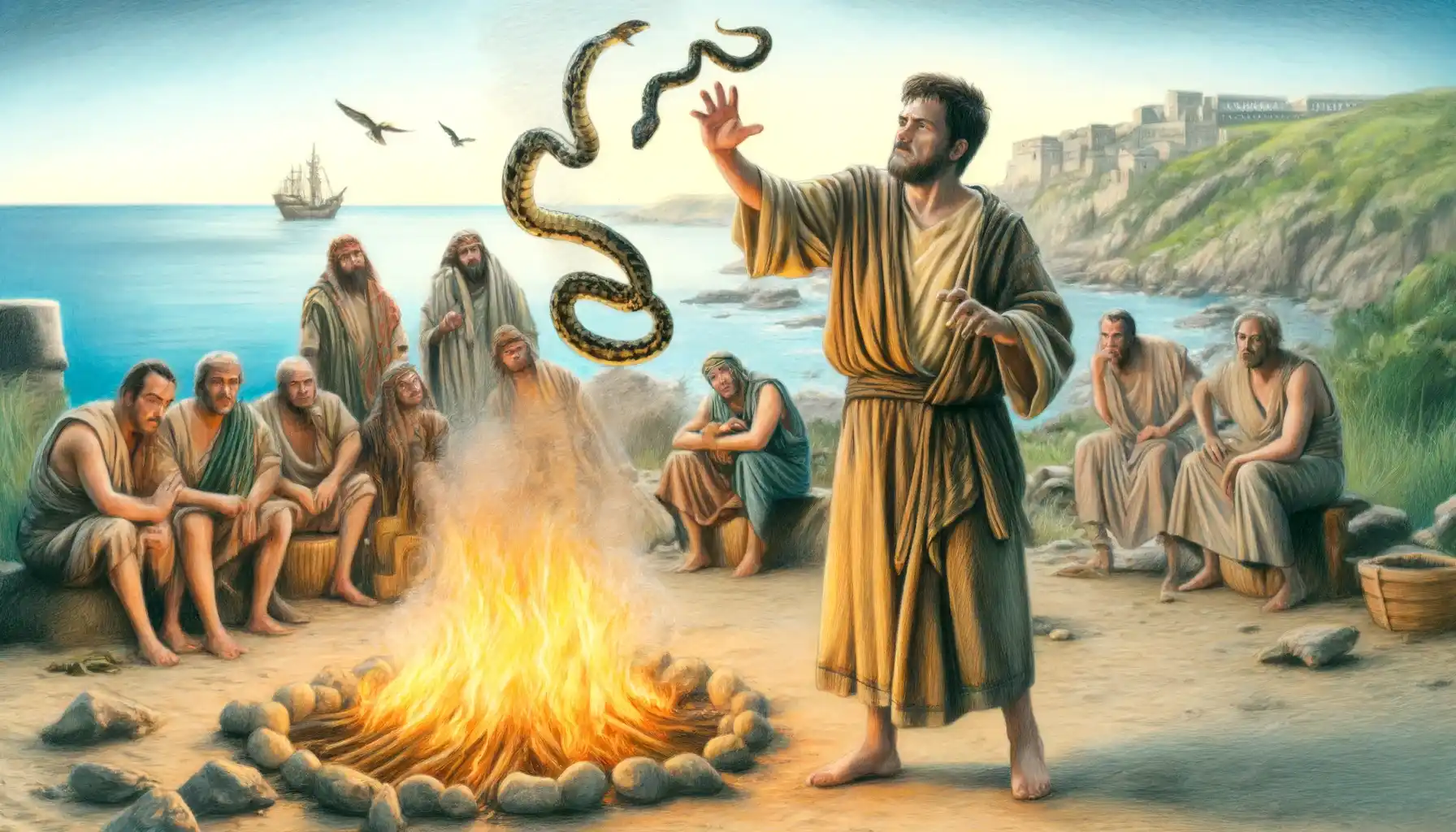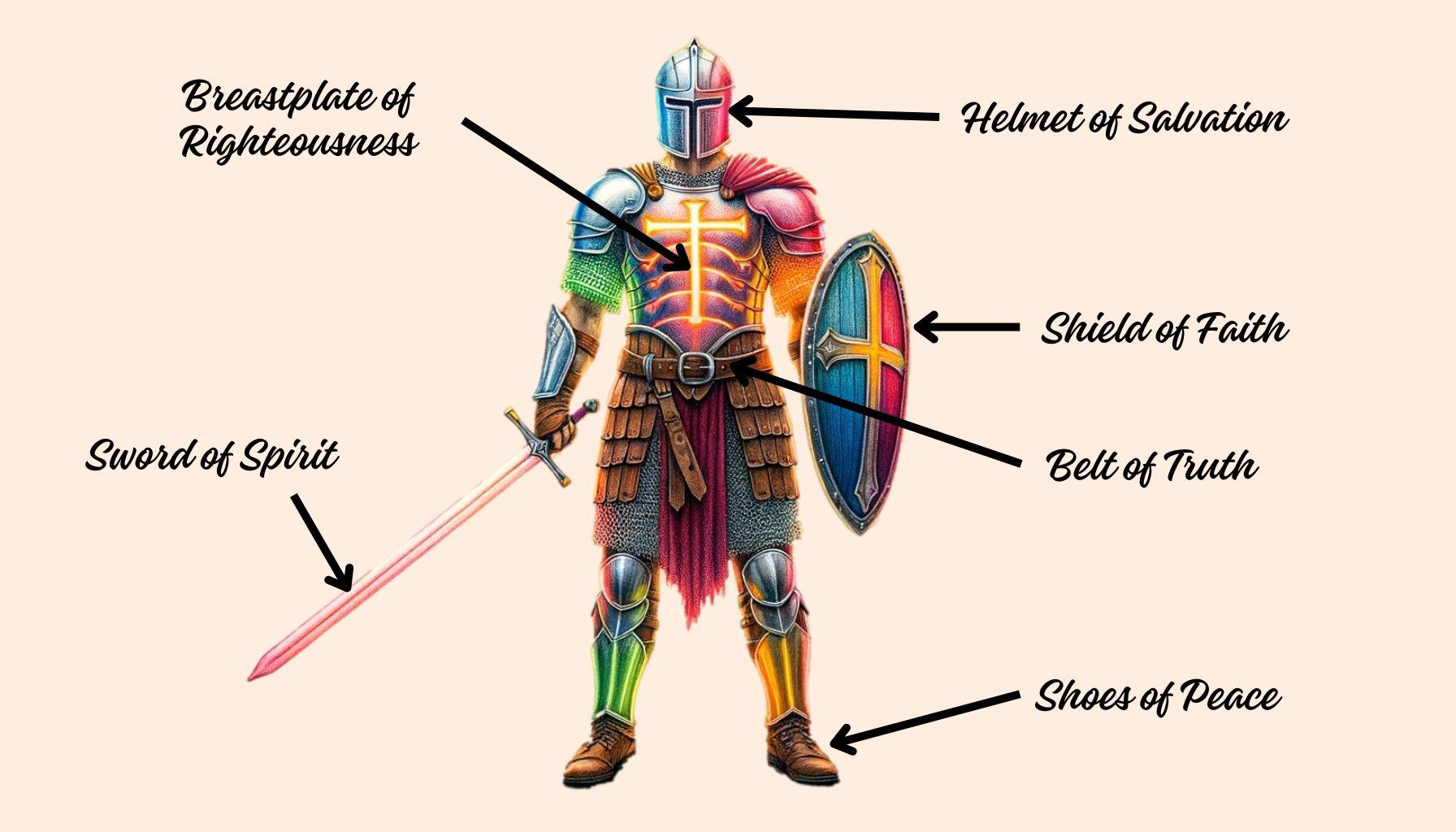Ebed-Melech, an Ethiopian eunuch in King Zedekiah’s service, bravely rescued the prophet Jeremiah from a cistern, demonstrating profound faith, compassion, and courage, which God rewarded with a promise of safety.
The island of Malta, where the Apostle Paul was shipwrecked and performed miracles, is significant in Acts 28 for demonstrating divine intervention and the spread of early Christianity through Paul’s miraculous survival of a viper bite and subsequent healing of the island’s inhabitants.
In Acts 28:3-5, Paul is bitten by a viper while gathering firewood on the island of Malta, but he suffers no harm, leading the islanders to view him as under divine protection.
Daniel is celebrated for his faithfulness to God while in exile in Babylon, where he interpreted dreams, held high government positions, survived the lion’s den, and received significant prophetic visions.
The story of Daniel in the lion’s den, as detailed in Daniel 6, vividly illustrates the triumph of faith and divine protection, showcasing how Daniel’s unwavering commitment to his prayerful relationship with God leads to his miraculous preservation from harm, even under the decree of King Darius, thus affirming the sovereignty and providential care of God over His faithful servants.
Philippians 4:6-7 encourages believers to replace anxiety with prayer and thanksgiving, promising that the peace of God, which surpasses all understanding, will protect their hearts and minds through their union with Christ Jesus.
The Armor of God, as depicted in Ephesians 6:10-18, encompasses the metaphorical imagery of a Roman soldier’s armor, including the belt of truth, breastplate of righteousness, shoes of peace, shield of faith, helmet of salvation, and sword of the Spirit, to symbolize the spiritual warfare, defense, and readiness required in the Christian life, emphasizing the importance of prayer, divine protection, and spiritual practices based on biblical teachings.







